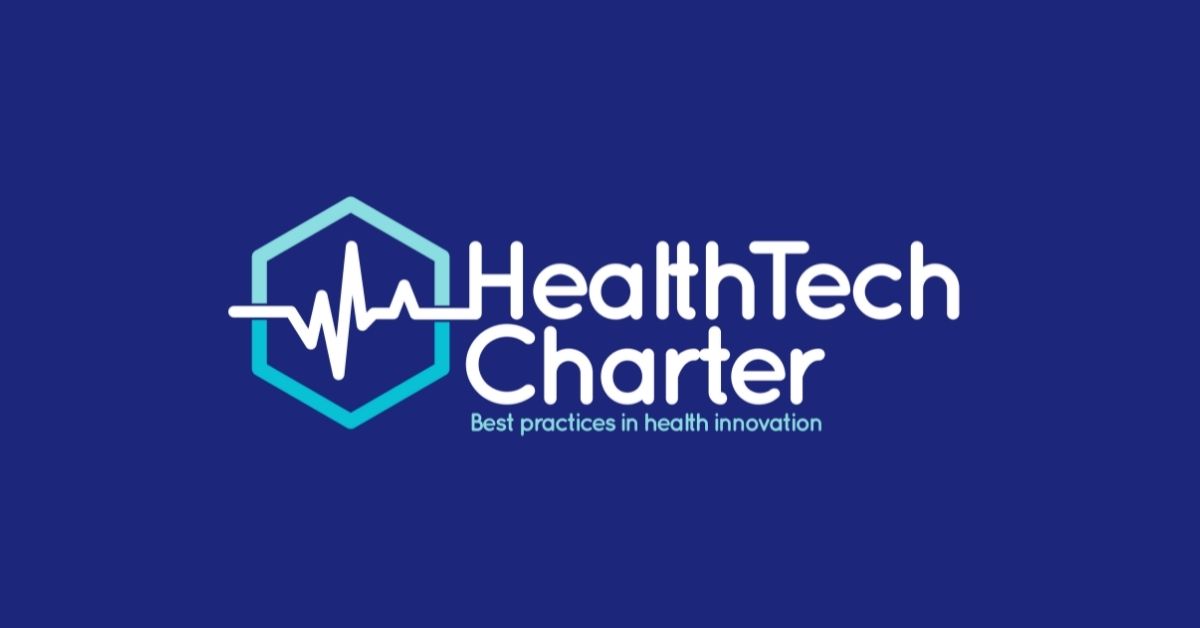The HealthTech Charter: Best Practices in Digital Health Innovation
For the last few months, we’ve observed how the digital revolution of health has gained extraordinary momentum across European borders. Life-changing innovations continue to penetrate the European market, empowering patients and providers with state-of-the art medical technologies.
However, all too often digital health innovators invest time and resources navigating complex regulatory measures across Europe. This, in turn, hinders digital health solutions from reaching their full potential. We believe that startup founders should be preoccupied only with what they do best – innovate.
For that reason, we are on a mission to identify the best practices and measures that empower digital health innovators to scale across European borders. Together with entrepreneurs, startups and key health stakeholders in Europe, we created The HealthTech Charter (HTC). The HTC is an open consultation to continuously learn and set benchmarks of policies and measures that work, and encourage policy makers and governments to adopt similar practices that eases the process of innovating and scaling across Europe.
Join us on December 8th for the official launch of the HTC! Leading entrepreneurs, including European Patient Digital Health Award winners, will share their experiences in navigating the European health policy landscape in tandem with a high-level panel with MEP Susana Solis and Ceri Thompson to discuss the future of implementing standards in digital health.
Here’s a sneak peak into what innovators across Europe have identified as the most empowering practices for digital health innovation and how policy makers can adopt these across Europe.
Reimbursement Schemes for Digital Health Applications
With ground-breaking digital health innovations entering the European market, many entrepreneurs face difficulties navigating reimbursement and prescription pathways. Entrepreneurs invest time and resources manoeuvring these complicated systems at the national, regional, local or even hospital level – and in some cases, reimbursement is not possible at all.
Startups have pinpointed the German Digital Health Care Law (DiGA) as one of the most empowering policies that allows their innovations to scale. The DiGA paves a way for digital health applications to be prescribed and reimbursed within the German public health system. Doctors prescribe approved digital health apps to their patients, just as they prescribe medications today, which simultaneously allows entrepreneurs to be reimbursed by statutory health insurance for their applications.
According to Velmio, a startup working to improve pregnancy health outcomes through digital therapeutics, the DiGA offers “a predictable set of rules on market entry and a transparent reimbursement mechanism, combined with growing market demand for digital health, [which] allows us to work on a new, more ambitious product offering designed from the ground up to be used as a prescription-only solution.”
The DiGA empowers digital health innovators, such as Velmio, with the certainty and tools to scale their initiatives across European borders. The HealthTech Charter aims to spotlight such key measures for the future of European healthtech innovation.
Hey policy makers: these are proven best practices of what works according to innovators in Europe – let’s adopt similar standards and ensure innovators feel empowered to bring life-changing innovations to the market.
If you have any best practices to share or would like to be involved in the HealthTech Charter don’t hesitate to reach out to us at [email protected]

